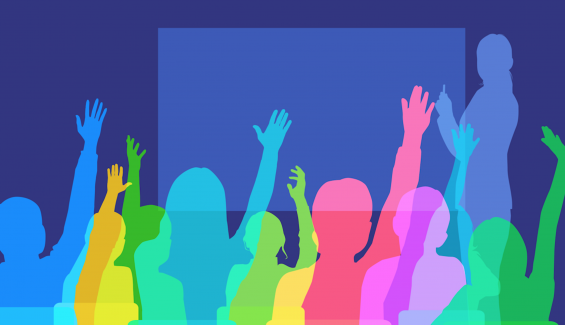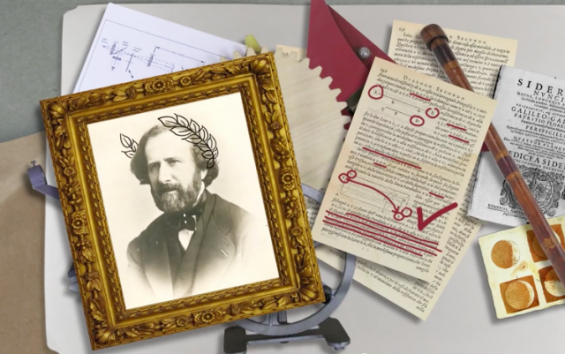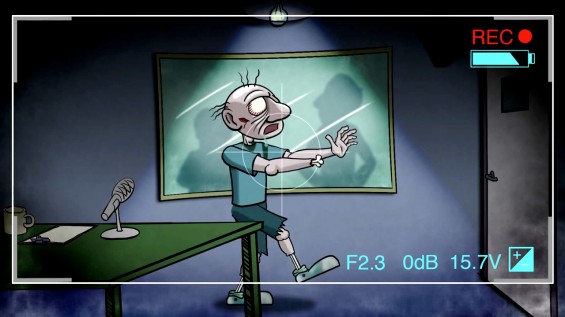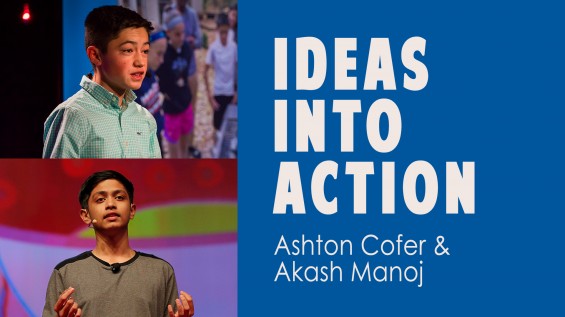
Why vote? TED-Ed’s election roundup
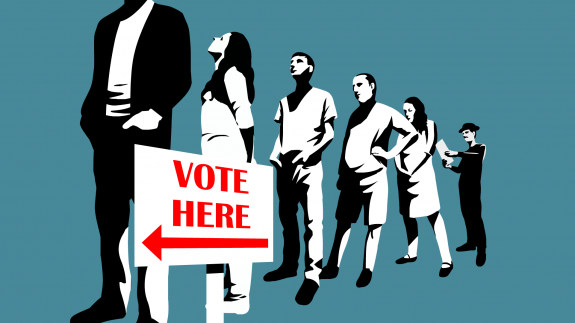
The right to vote is lauded as one of the most important civic responsibilities a citizen can exercise. But as we inch toward election day in the United States, some of you might be wondering: Does my vote really count? How are voting districts decided? And why in the world do we always vote on Tuesdays? A group of political scientists, activists and historians explore nuanced answers to each of those questions (and more!) in this TED-Ed election roundup.
You vote, but then what? Discover how your individual vote contributes to the popular vote and your state’s electoral vote in different ways–and see how votes are counted on both state and national levels.
Since 1845, Americans have been voting on Tuesdays — but why? In this humorous talk, Jacob Soboroff shares the history of Election Day and shows how voting on a Tuesday affects voter turnout.
In the United States today, if you are over eighteen, a citizen, and the resident of a state, you can vote (with some exceptions). So, how have voting rights changed since the first election in 1789? Nicki Beaman Griffin outlines the history of the long fight for a more inclusive electorate.
District lines, and the groups of voters within them, may seem arbitrary, but a lot of thought (and political bickering) is put into these carefully drawn lines. From “packing” a district to “cracking” a district–learn how the shape of districts impacts political parties during election season.
